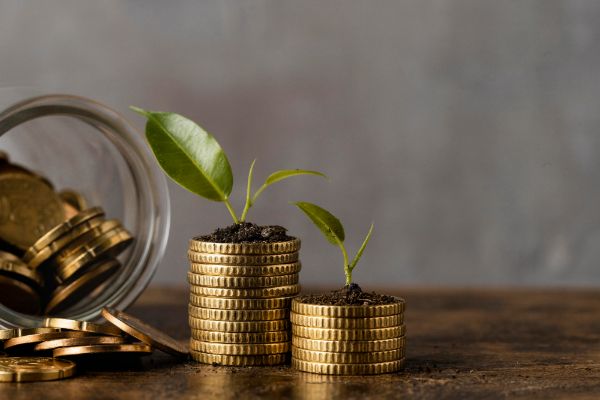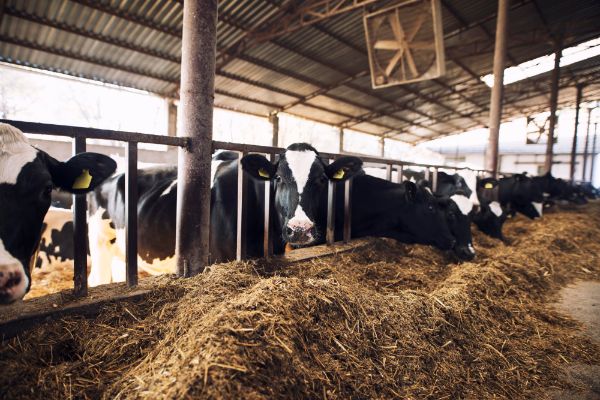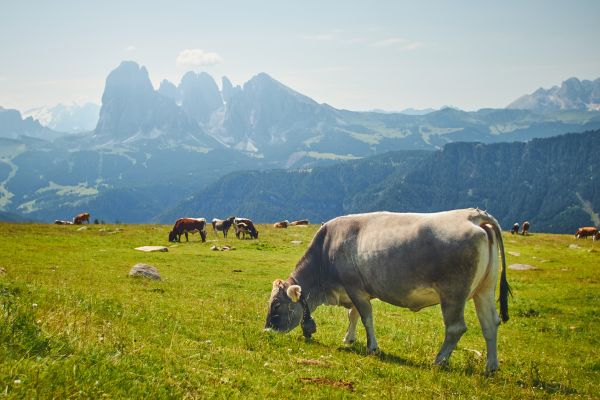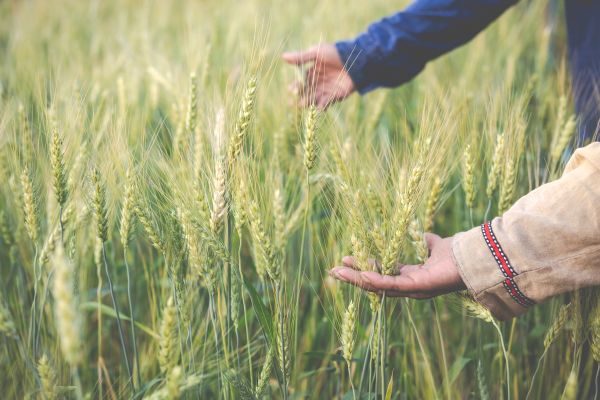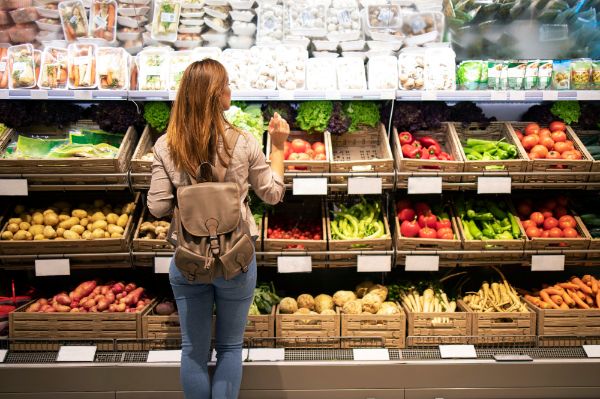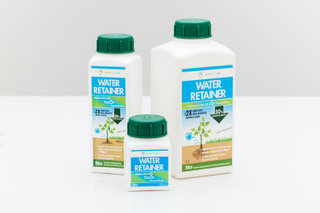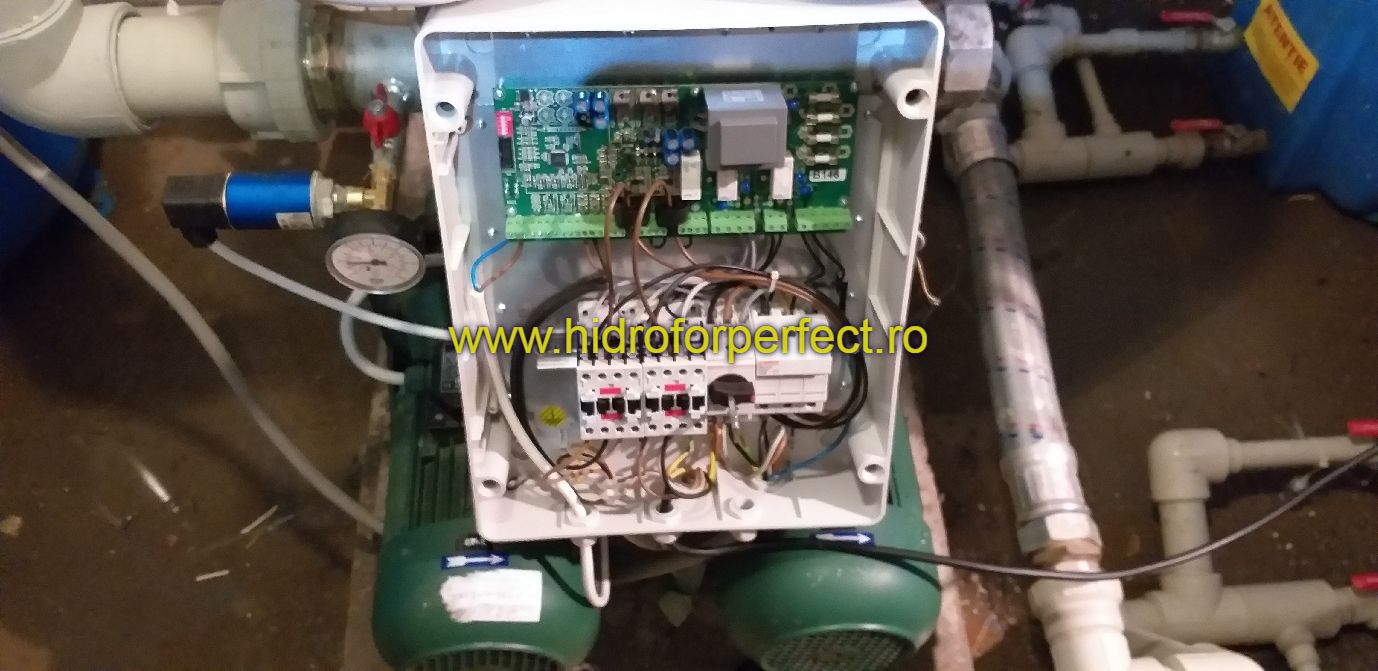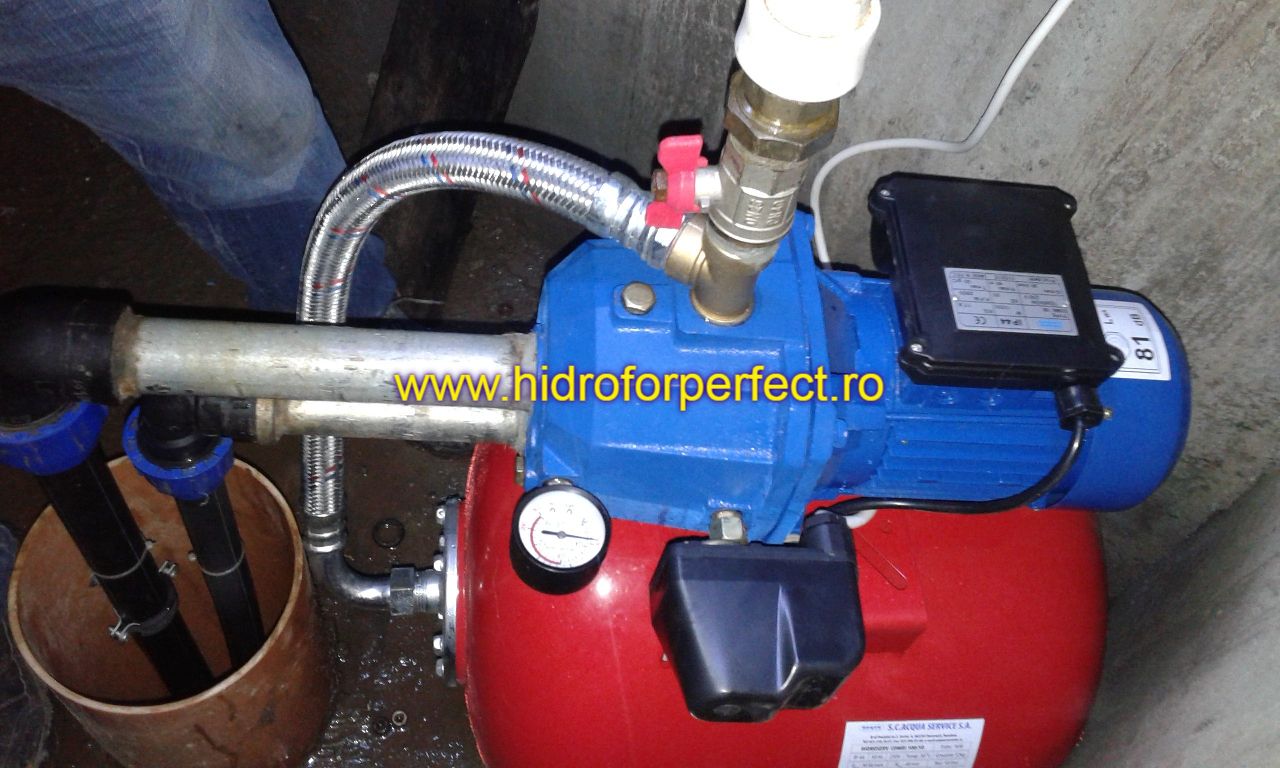The European Parliament calls for “immediate and continuous action” to ensure global food security. It believes the aid of EUR 1 billion that the EU has decided to give to developing countries should be accompanied by fresh investment in agriculture and it calls for mechanisms to be set up to ensure that sufficient global food stocks are available.
In the space of two years world food prices have increased by over 80% on average while cereal stocks have fallen in 2008 to a worrying historic low of 40 days’ supply, points out a report drafted by Mairead McGuinness (EPP-ED, IE) and adopted with 482 votes in favour, 24 against and 59 abstentions. According to the World Bank, over 860 million people in the world are facing chronic famine and this figure could rise by 100 million as a result of the current crisis. Commodity prices have fallen back to near-2006 levels but the Food and Agricultural Organisation (FAO) and Organisation for Economic Cooperation and Development (OECD) fear they may fluctuate more, and global food demand is expected to double by 2050.
Ensuring adequate global stocks
Among the many measures proposed in the report, the European Parliament calls for the introduction of instruments to avert dramatic and damaging price fluctuations.
It argues that the EU should take the initiative by proposing a global food inventory regime, the creation of a worldwide stockholding obligation programme to ensure the availability of food and a better basic storage system for key production inputs (protein, fertilisers, seeds, pesticides) in developing countries, preferably based on private-sector players including farmers’ cooperatives.
MEPs also call for a global assessment of the impact of the increase in biofuel production on commodity prices. They stress the need for international and regional agreements to ensure that energy crops do not jeopardise food security and they urge a firm commitment from the EU to give priority to second-generation biofuels which do not compete with food production.
Redirecting EU development towards agriculture
The House regrets the reduction in the amount of development aid being devoted to agriculture, which was 17% in 1980 and only 3% in 2006, and urges the Commission to direct EU financial aid – including the European Development Fund (EDF) - towards agricultural-led growth and to do all in its power to induce governments of beneficiary countries to stick to their promise to devote 10% of national budgets to this sector. They also want new micro-credit facilities to be set up for small farmers, stressing the role such farmers can play in increasing production and in local food security.
To complement the other development measures funded by the EU, MEPs call for a permanent food-security fund be created in support of the world's poorest people, under Heading 4 of the EU general budget.
CAP, climate change, financial crisis and European research
The European Parliament believes the common agricultural policy (CAP) must remain the cornerstone of EU food security policy now and beyond 2013 and that it should be further adapted to go further than the measures contained in the Health Check. It also calls for EU agriculture spending to be kept at a stable and constant level to guarantee a fair income for farmers and for effective insurance policies to be made available to protect producers against massive price fluctuations.
MEPs urge the Commission to look at the impact of climate change mitigation initiatives in the agriculture sector and to provide resources for this sector so that such initiatives do not depress EU farm output.
They also call for a detailed assessment of the impact on food security of proposed EU legislation on plant protection products and an analysis of the effects of the global financial crisis on the agricultural sector.
Lastly, the House calls for a programme of research and development on sustainable agriculture.
In the space of two years world food prices have increased by over 80% on average while cereal stocks have fallen in 2008 to a worrying historic low of 40 days’ supply, points out a report drafted by Mairead McGuinness (EPP-ED, IE) and adopted with 482 votes in favour, 24 against and 59 abstentions. According to the World Bank, over 860 million people in the world are facing chronic famine and this figure could rise by 100 million as a result of the current crisis. Commodity prices have fallen back to near-2006 levels but the Food and Agricultural Organisation (FAO) and Organisation for Economic Cooperation and Development (OECD) fear they may fluctuate more, and global food demand is expected to double by 2050.
Ensuring adequate global stocks
Exclusiv - beneficiati acum de Oferta Speciala de mai jos:
Propriul meu plan de afaceri
Stick-ul "Propriul meu plan de afaceri" Ai planuri de afaceri standard Esti o persoana dinamica Profita de Stick-ul "Propriul meu plan de afaceri" Ai 7 modele practice de planuri de afacere cu care obtii mai usor finantari si chiar fonduri europene la mai putin de 100 de lei Stick-ul "Propriul meu plan de...
Oferta Speciala
valabila 48h
valabila 48h
Among the many measures proposed in the report, the European Parliament calls for the introduction of instruments to avert dramatic and damaging price fluctuations.
It argues that the EU should take the initiative by proposing a global food inventory regime, the creation of a worldwide stockholding obligation programme to ensure the availability of food and a better basic storage system for key production inputs (protein, fertilisers, seeds, pesticides) in developing countries, preferably based on private-sector players including farmers’ cooperatives.
MEPs also call for a global assessment of the impact of the increase in biofuel production on commodity prices. They stress the need for international and regional agreements to ensure that energy crops do not jeopardise food security and they urge a firm commitment from the EU to give priority to second-generation biofuels which do not compete with food production.
Redirecting EU development towards agriculture
The House regrets the reduction in the amount of development aid being devoted to agriculture, which was 17% in 1980 and only 3% in 2006, and urges the Commission to direct EU financial aid – including the European Development Fund (EDF) - towards agricultural-led growth and to do all in its power to induce governments of beneficiary countries to stick to their promise to devote 10% of national budgets to this sector. They also want new micro-credit facilities to be set up for small farmers, stressing the role such farmers can play in increasing production and in local food security.
To complement the other development measures funded by the EU, MEPs call for a permanent food-security fund be created in support of the world's poorest people, under Heading 4 of the EU general budget.
CAP, climate change, financial crisis and European research
The European Parliament believes the common agricultural policy (CAP) must remain the cornerstone of EU food security policy now and beyond 2013 and that it should be further adapted to go further than the measures contained in the Health Check. It also calls for EU agriculture spending to be kept at a stable and constant level to guarantee a fair income for farmers and for effective insurance policies to be made available to protect producers against massive price fluctuations.
MEPs urge the Commission to look at the impact of climate change mitigation initiatives in the agriculture sector and to provide resources for this sector so that such initiatives do not depress EU farm output.
They also call for a detailed assessment of the impact on food security of proposed EU legislation on plant protection products and an analysis of the effects of the global financial crisis on the agricultural sector.
Lastly, the House calls for a programme of research and development on sustainable agriculture.
Autor: AgroRomania.ro
Votati articolul
Nota: 5 din 1 voturi
Urmareste-ne pe Google News




